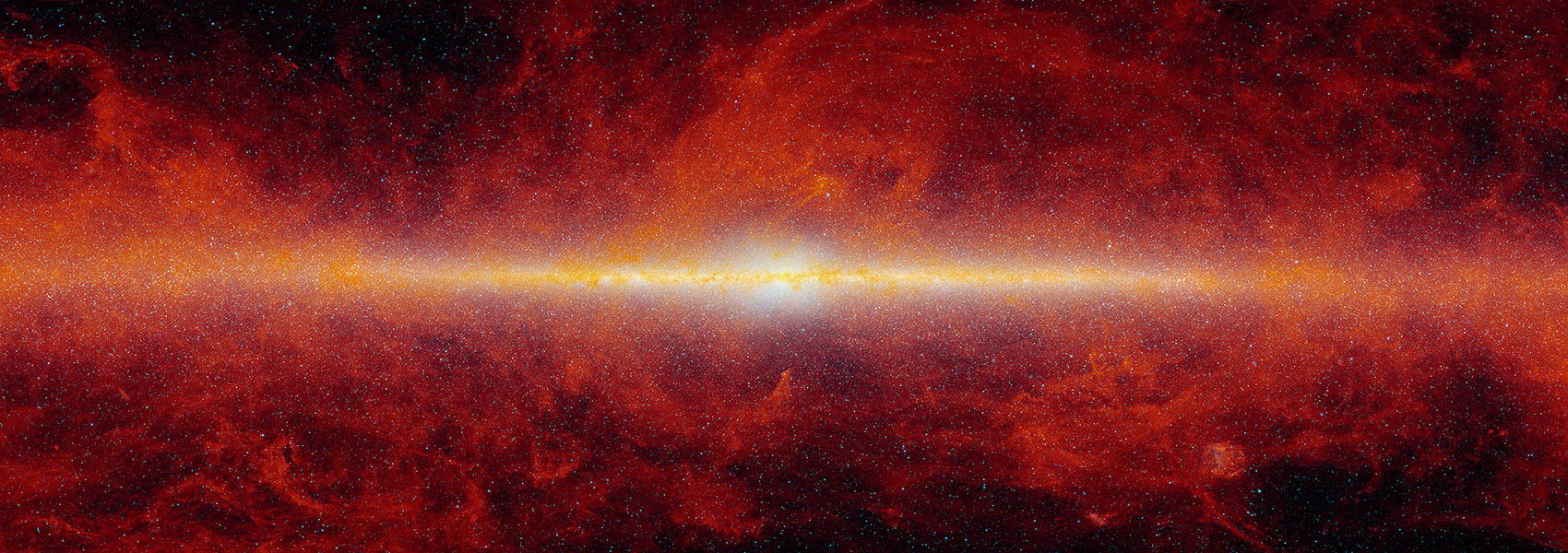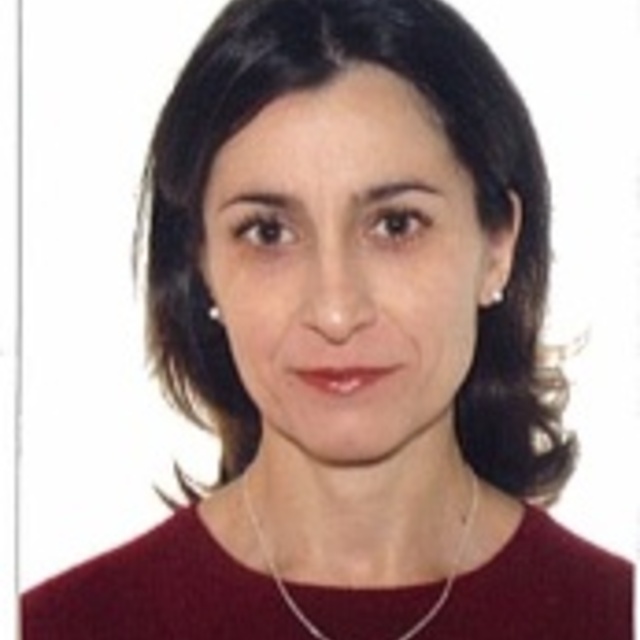February
2016
•
2016A&A...586A.134P
Authors
•
Planck Collaboration
•
Arnaud, M.
•
Ashdown, M.
•
Atrio-Barandela, F.
•
Aumont, J.
•
Baccigalupi, C.
•
Banday, A. J.
•
Barreiro, R. B.
•
Battaner, E.
•
Benabed, K.
•
Benoit-Lévy, A.
•
Bernard, J.-P.
•
Bersanelli, M.
•
Bielewicz, P.
•
Bobin, J.
•
Bond, J. R.
•
Borrill, J.
•
Bouchet, F. R.
•
Brogan, C. L.
•
Burigana, C.
•
Cardoso, J.-F.
•
Catalano, A.
•
Chamballu, A.
•
Chiang, H. C.
•
Christensen, P. R.
•
Colombi, S.
•
Colombo, L. P. L.
•
Crill, B. P.
•
Curto, A.
•
Cuttaia, F.
•
Davies, R. D.
•
Davis, R. J.
•
de Bernardis, P.
•
de Rosa, A.
•
de Zotti, G.
•
Delabrouille, J.
•
Désert, F.-X.
•
Dickinson, C.
•
Diego, J. M.
•
Donzelli, S.
•
Doré, O.
•
Dupac, X.
•
Enßlin, T. A.
•
Eriksen, H. K.
•
Finelli, F.
•
Forni, O.
•
Frailis, M.
•
Fraisse, A. A.
•
Franceschi, E.
•
Galeotta, S.
•
Ganga, K.
•
Giard, M.
•
Giraud-Héraud, Y.
•
González-Nuevo, J.
•
Górski, K. M.
•
Gregorio, A.
•
Gruppuso, A.
•
Hansen, F. K.
•
Harrison, D. L.
•
Hernández-Monteagudo, C.
•
Herranz, D.
•
Hildebrandt, S. R.
•
Hobson, M.
•
Holmes, W. A.
•
Huffenberger, K. M.
•
Jaffe, A. H.
•
Jaffe, T. R.
•
Keihänen, E.
•
Keskitalo, R.
•
Kisner, T. S.
•
Kneissl, R.
•
Knoche, J.
•
Kunz, M.
•
Kurki-Suonio, H.
•
Lähteenmäki, A.
•
Lamarre, J.-M.
•
Lasenby, A.
•
Lawrence, C. R.
•
Leonardi, R.
•
Liguori, M.
•
Lilje, P. B.
•
Linden-Vørnle, M.
•
López-Caniego, M.
•
Lubin, P. M.
•
Maino, D.
•
Maris, M.
•
Marshall, D. J.
•
Martin, P. G.
•
Martínez-González, E.
•
Masi, S.
•
Matarrese, S.
•
Mazzotta, P.
•
Melchiorri, A.
•
Mendes, L.
•
Mennella, A.
•
Migliaccio, M.
•
Miville-Deschênes, M.-A.
•
Moneti, A.
•
Montier, L.
•
Morgante, G.
•
Mortlock, D.
•
Munshi, D.
•
Murphy, J. A.
•
Naselsky, P.
•
Nati, F.
•
Noviello, F.
•
Novikov, D.
•
Novikov, I.
•
Oppermann, N.
•
Oxborrow, C. A.
•
Pagano, L.
•
Pajot, F.
•
Paladini, R.
•
Pasian, F.
•
Peel, M.
•
Perdereau, O.
•
Perrotta, F.
•
Piacentini, F.
•
Piat, M.
•
Pietrobon, D.
•
Plaszczynski, S.
•
Pointecouteau, E.
•
Polenta, G.
•
Popa, L.
•
Pratt, G. W.
•
Puget, J.-L.
•
Rachen, J. P.
•
Reach, W. T.
•
Reich, W.
•
Reinecke, M.
•
Remazeilles, M.
•
Renault, C.
•
Rho, J.
•
Ricciardi, S.
•
Riller, T.
•
Ristorcelli, I.
•
Rocha, G.
•
Rosset, C.
•
Roudier, G.
•
Rusholme, B.
•
Sandri, M.
•
Savini, G.
•
Scott, D.
•
Stolyarov, V.
•
Sutton, D.
•
Suur-Uski, A.-S.
•
Sygnet, J.-F.
•
Tauber, J. A.
•
Terenzi, L.
•
Toffolatti, L.
•
Tomasi, M.
•
Tristram, M.
•
Tucci, M.
•
Umana, G.
•
Valenziano, L.
•
Valiviita, J.
•
Van Tent, B.
•
Vielva, P.
•
Villa, F.
•
Wade, L. A.
•
Yvon, D.
•
Zacchei, A.
•
Zonca, A.
Abstract
•
The all-sky Planck survey in 9 frequency bands was used to search for emission from all 274 known Galactic supernova remnants. Of these, 16 were detected in at least two Planck frequencies. The radio-through-microwave spectral energy distributions were compiled to determine the mechanism for microwave emission. In only one case, IC 443, is there high-frequency emission clearly from dust associated with the supernova remnant. In all cases, the low-frequency emission is from synchrotron radiation. As predicted for a population of relativistic particles with energy distribution that extends continuously to high energies, a single power law is evident for many sources, including the Crab and PKS 1209-51/52. A decrease in flux density relative to the extrapolation of radio emission is evident in several sources. Their spectral energy distributions can be approximated as broken power laws, Sν ∝ ν-α, with the spectral index, α, increasing by 0.5-1 above a break frequency in the range 10-60 GHz. The break could be due to synchrotron losses.
Links




